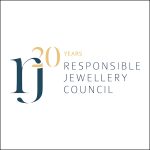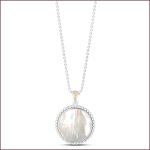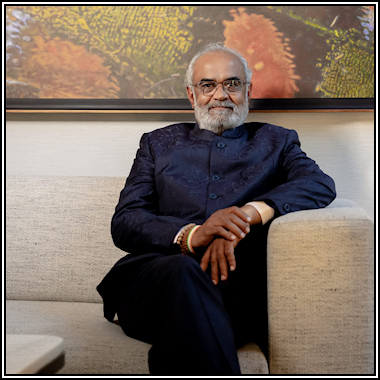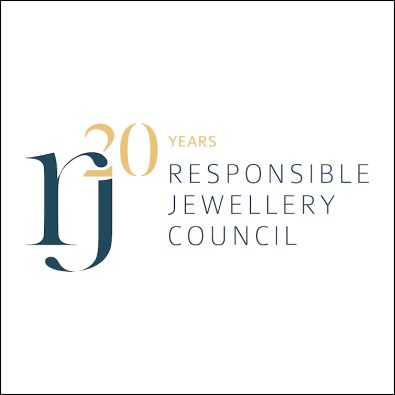Platinum Guild Study Looks to Define ‘Modern Love’

Two themes identified should be considered when developing future consumer-facing campaigns
In a recent study orchestrated by 360 Market Reach on behalf of Platinum Guild International USA, researchers posed an open-ended question to a pool of 1,000 fine jewelry buyers: what is ‘modern love’? The responses they received were as varied as the participants, yet two themes were clearly prevalent: Modern love symbolizes inclusiveness and equality, along with the timeless nature of true love. These themes were resounding across genders, as well as generations.
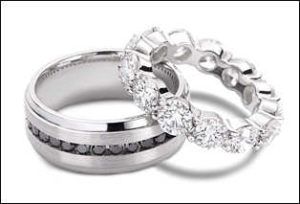 Modern Platinum Wedding Bands
Modern Platinum Wedding Bands
In the vein of inclusiveness, many respondents shared that ‘love is love’, and nearly half of participants felt it does not discriminate by sexual preference, nor gender roles, but is “an equal, shared partnership between two people”. When catagorized by age groups, 53% of both Gen Zers and unexpectedly Baby Boomers felt that modern love was ‘characterized as a relationship that does not follow traditional gender roles or expectations’.
Jill Moynihan Helsel, Director of Marketing for PGI USA, shared “our research shows that while there has been an evolution in perceptions and acceptances of the definition, love itself, is timeless. Much like the jewelry that is worn to represent it.” She continued, “Platinum jewelry fits seamlessly into these love stories, as the metal’s durability, wearability and timelessness mirrors the characteristics of the strongest of ever-lasting relationships.”
To support these findings and thus be relevant to their consumers, retailers should be mindful of inclusiveness and timelessness in their relationship jewelry messaging, in both advertising and social media campaigns, as well as during direct client interactions. Campaigns should feature a myriad of consumer types, including same sex and multi-racial couples. Social media can celebrate and highlight a range of life’s milestones, while sales associates can support this messaging during an in-store experience.
While the percentages for many of the questions were flat among the different sectors of respondents, there was one anomaly when looking at the data generationally: 47% of Baby Boomers felt that modern love does not require a couple to be married to show a lifelong commitment, as opposed to 37% of Gen Xers, Millenials and Gen Zers. Boomers may not be as old school in thinking as previously thought.


